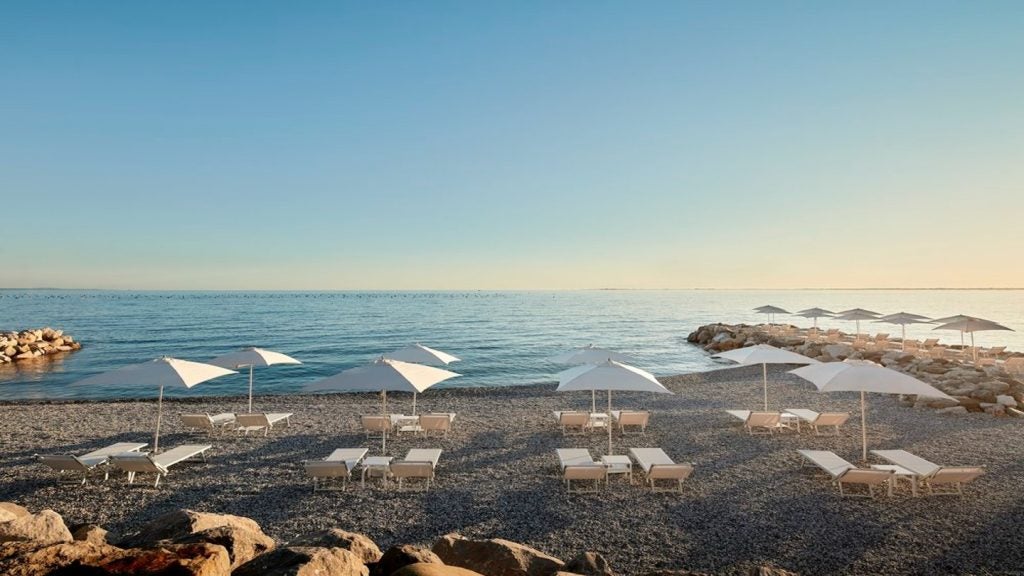The experience economy is becoming an increasingly important trend in the travel and tourism industry, as hotels, activity operators and even airlines look to meet consumer demand for more unique and engaging experiences.
Social media has catalysed the rise of special interest travel, with tourists – particularly those of the millennial generation – prioritising access to experiences when booking a holiday, according to GlobalData’s Experience Economy in Travel and Tourism report.
As an example, the US has seen a fourfold rise in spending on tourism experiences in the past few years, with millennials using their significant spending power on activities and alternative accommodations to travel rather than acquire material possessions.
Such experiences include all things weird and wonderful, from ski or culinary travel to the ‘Meow Meow Cruise’, for instance, an annual cruise for cat lovers established through an internet group in 2015.
Quirky homestays to ecotourism
The report named Kimpton Hotels, Hilton, Sandos Hotels, IHG, OYO and AirBnB as leading the curve of providing unique travel stays in the sector.
AirBnB has become particularly renowned for distinctive homestays, listing barns, yurts, treehouses, windmills and even castles – although this may waver as the platform faces bans in New York, Paris, Barcelona, Berlin and other cities.
Luxury hotel brands have spied an opportunity.
Munich-headquartered Kempinski Hotel group has focused on providing luxury experiences based on the visitor’s preferences, whether that involves a wedding snowboarding or golfing. Similarly, the recently opened Great Scotland Yard Hotel in London has made a point of showcasing its links to crime and politics as the former base of the Metropolitan Police.
Ecotourism has also driven the ‘experience economy’ trend, notable in countries like Costa Rica, Norway or Brazil.
Tour operators and lodging providers often develop close working relationships with local people to arrange excursions within the community – a dynamic which should enable the benefits of tourism to remain within the community, although concerns are frequently raised over cheap labour exploitation, environmental damage and cultural dilution.















